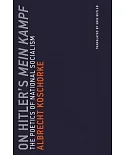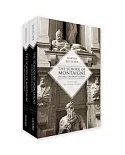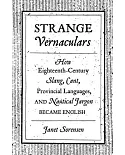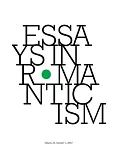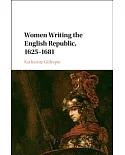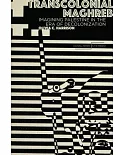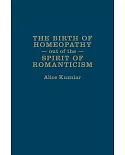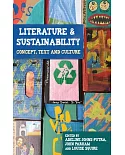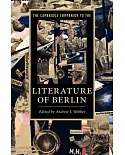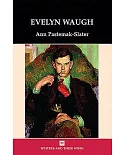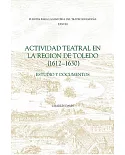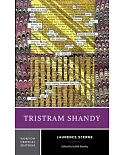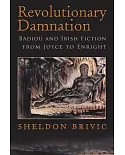In 1688 an institutional change subordinated the monarchy to the parliament, in part to avert the violence of the recent past. A century later a radical print culture threatened to take this
process a step further and subordinate parliament to "the voice of the people". This did not happen.
This book explores the relationship of the emerging category of Literature to the emerging threat of popular violence after the Bloodless Revolution. The book argues that at a time when the
political nature of the Bloodless Revolution became a subject of debate - in the period defined by France's famously bloody revolution - "Literature" emerged as a kind of political
institution and constituted a bloodless revolution in its own right.


